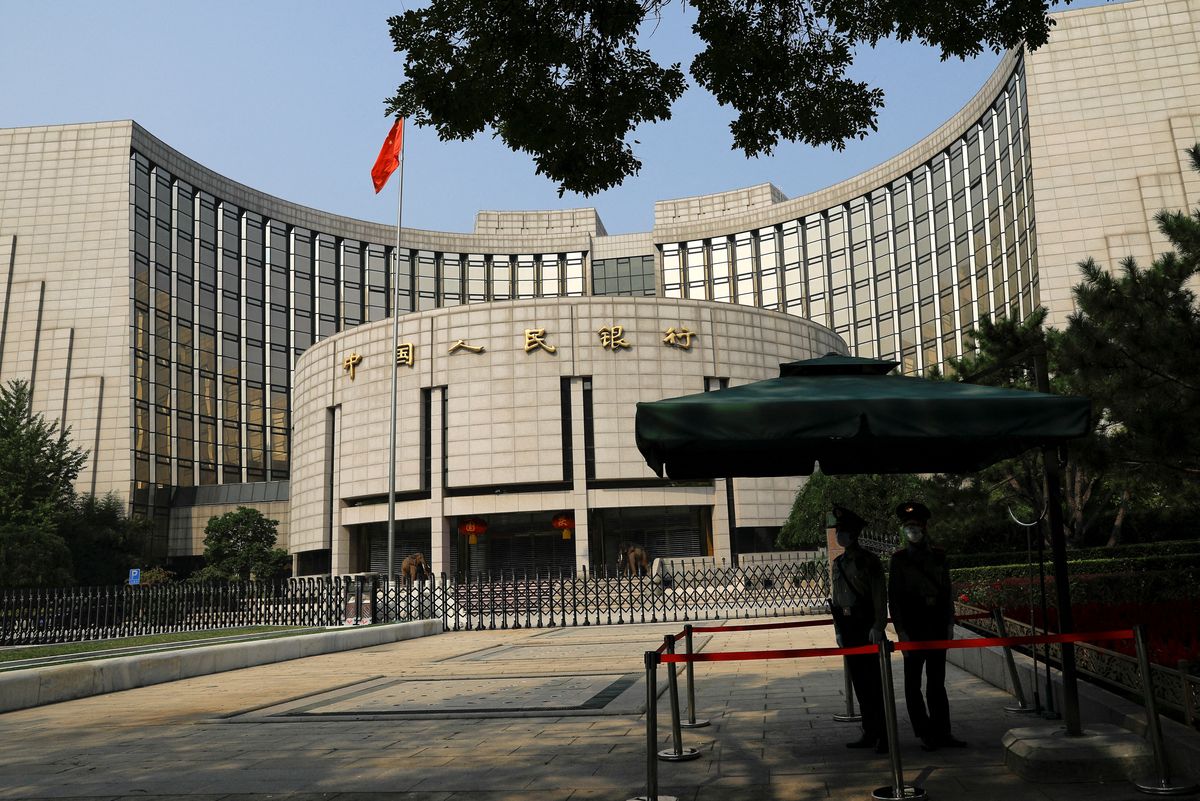Chinese bank valuations are looking gloomy – at lows near the depths of the 2008 financial crash
China's property market has been dealing with a bit of a crisis, and it continued to struggle in October, facing liquidity problems and enormous debts.

A few minutes every morning is all you need.
Stay up to date on the world's Headlines and Human Stories. It's fun, it's factual, it's fluff-free.
China's property market has been dealing with a bit of a crisis, and it continued to struggle in October, facing liquidity problems and enormous debts. The government has been trying to ease the liquidity crisis of developers, especially since the property sector makes up about 28% of China's GDP. For example, in September, China asked banks to raise their net financing to at least 600 billion yuan (US$85 billion) to help the property sector weather the storm. But now, these banks are facing growing risks since officials vowed to "unswervingly" stick with the zero-COVID approach, and the housing slump isn't showing signs of easing.
Big Chinese banks, including the Industrial and Commercial Bank of China (ICBC) and China Construction Bank (CCB), aggressively expanded their credit lines to the property and infrastructure sectors this year. But now, these banks' valuations are at a record-low level of about 0.4 of their Hong Kong book value. To put this in perspective – this is about where investors priced big US banks, including JPMorgan and Bank of America, during the 2008 market crash. You can also see this in their share prices, where there was an average 26% country risk premium in October.
Key comments:
"While we haven't yet witnessed any signs of a structural deterioration in the domestic economy, it's likely to remain under pressure in the next few years amid a global recession," said Shen Meng, a director at Beijing-based investment bank Chanson & Co. "Banks would be more stressed if they can't recover the loans by then."
"That makes Chinese banks prone to any increase in risks associated with the GDP growth," said Nicholas Zhu, a vice president and senior credit analyst at Moody's Investors Service. "Their net margins could further narrow as banks plan bigger provisions for bad debt and continue to cut loan rates to support the economy."
"Big state-owned banks' lending to property developers accounts for 3%-7% of their total loans ... a proportion lower than small and medium-sized lenders," said Vivian Xue, director of financial institutions at Fitch Ratings.




Comments ()